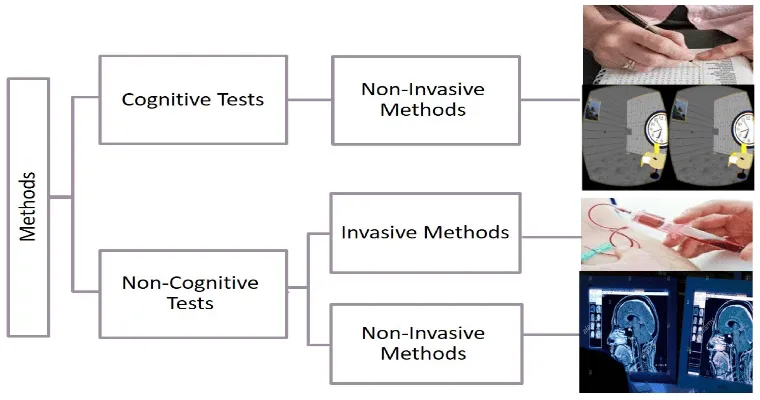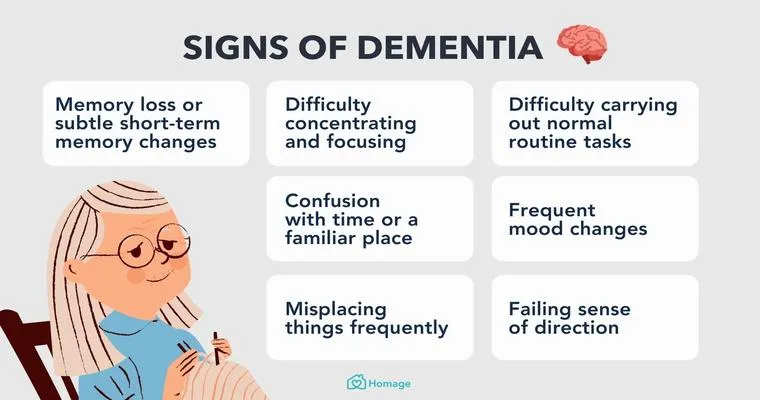Experiencing "visuospatial deficits" can be challenging, affecting everyday activities such as driving, reading maps, or even recognizing faces. These cognitive impairments can stem from various causes, including neurological conditions, strokes, or traumatic brain injuries. If you or someone you know is struggling with "visuospatial skills", it is crucial to seek effective strategies and support. This article aims to provide practical advice and resources to help improve "visuospatial processing" and enhance overall quality of life.
Understanding Visuospatial Deficits
Visuospatial deficits refer to difficulties in understanding and interpreting visual information about where objects are in space. Individuals may find it hard to judge distances, navigate in familiar environments, or even copy shapes accurately. Recognizing these challenges is the first step towards finding effective solutions.
Seeking Professional Help
One of the most effective ways to address "visuospatial deficits" is to consult with a healthcare professional. Occupational therapists and neuropsychologists specialize in cognitive rehabilitation and can tailor strategies to meet individual needs. They may conduct assessments to determine the specific areas of challenge and create a personalized treatment plan.
Engaging in Brain Training Activities
Incorporating "brain training exercises" into daily routines can help sharpen visuospatial skills. Activities such as puzzles, mazes, and video games designed to enhance spatial awareness can be beneficial. Consider the following options:
"Jigsaw puzzles": Working on puzzles can improve visual perception and problem-solving skills.
"3D modeling": Engaging in activities that require spatial manipulation, like building models, can enhance spatial reasoning.
"Memory games": Playing memory games that involve matching shapes or objects can boost cognitive function.
Utilizing Technology
There are numerous apps and software available that focus on cognitive training. These tools often include exercises specifically designed to improve "visuospatial skills". Examples include:
"Lumosity": This app offers a variety of games targeting different cognitive abilities, including visuospatial processing.
"CogniFit": Features a range of brain training games that can help strengthen visual-spatial skills.
Practicing Mindfulness and Relaxation Techniques
Stress can exacerbate cognitive deficits, making it essential to practice mindfulness and relaxation techniques. Activities such as yoga, meditation, and deep breathing exercises can enhance focus and reduce anxiety, potentially improving overall cognitive function.
Creating a Supportive Environment
A supportive environment can significantly impact an individual’s ability to manage "visuospatial deficits". Consider the following tips:
"Organize spaces": Keeping living areas organized and clutter-free can help reduce confusion and enhance spatial awareness.
"Use visual aids": Incorporating visual cues, such as labels and color-coded systems, can assist in navigation and memory recall.
"Engage in regular routines": Establishing consistent daily routines can help individuals feel more secure and reduce anxiety when navigating their environments.
Conclusion
Navigating the challenges of "visuospatial deficits" can be daunting, but with the right strategies and support, individuals can enhance their cognitive skills and improve their quality of life. Seeking professional help, engaging in brain training activities, utilizing technology, and creating a supportive environment are all effective ways to manage these deficits. By taking proactive steps, it is possible to regain confidence and independence in daily activities. Remember that progress may take time, so be patient and persistent in your efforts.





